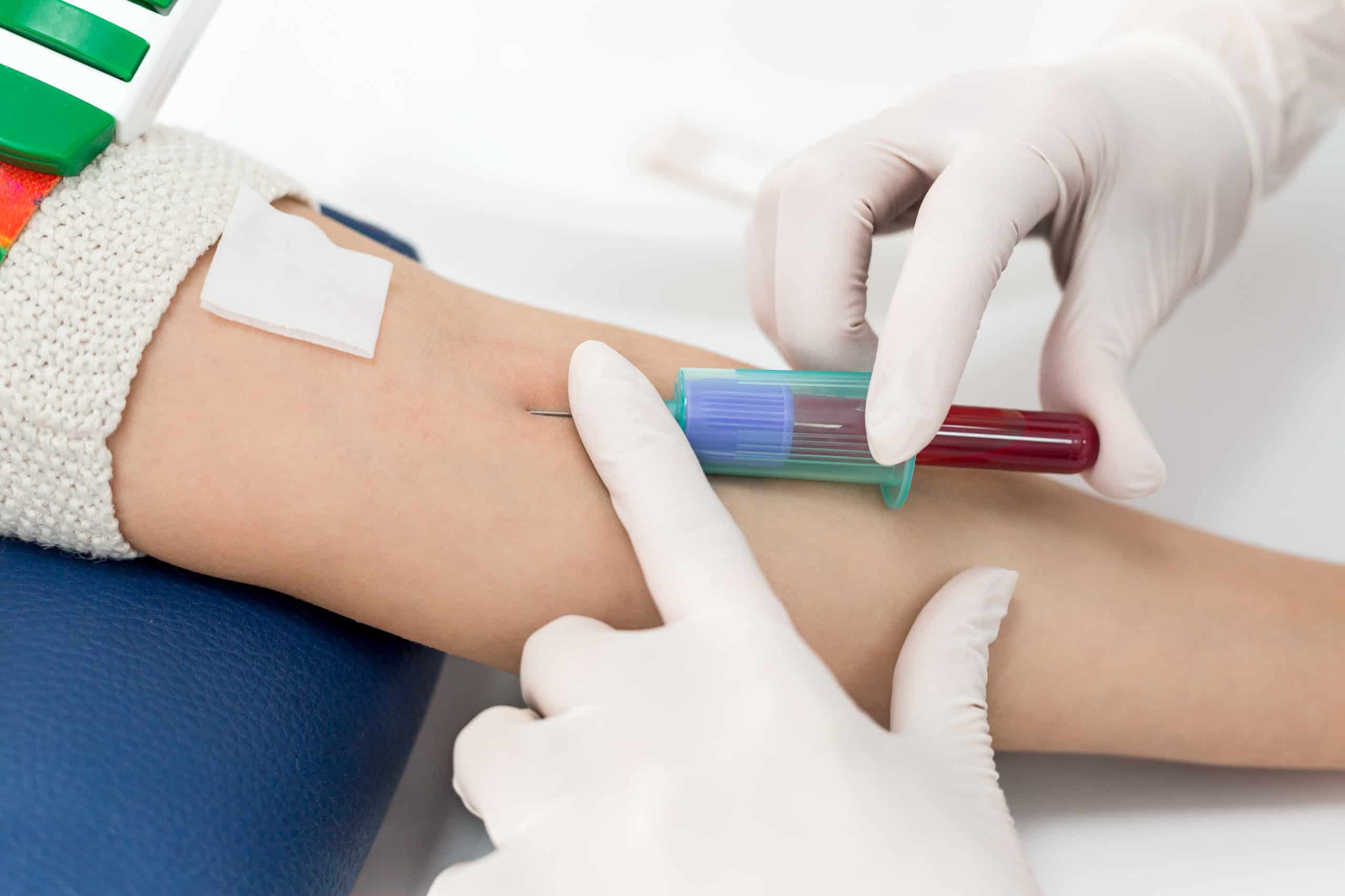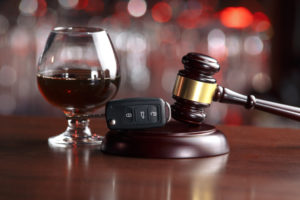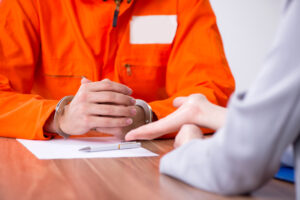
In Texas, the criminal justice system relies on blood alcohol test results — typically either blood or breath tests — to get drunk driving convictions. Unfortunately, these tests do not always provide an accurate reflection of intoxication levels. If you face DWI charges, you may stand unfairly charged, based on a faulty blood alcohol concentration (BAC) test. To challenge a potentially inaccurate chemical BAC test, contact a breathalyzer and blood test defense lawyer in Richardson as soon as possible. A criminal defense lawyer can challenge your test results and potentially get your drunk driving charges reduced or even dismissed.
To schedule a free consultation, call us today at 214-696-9253.
How Breath & Blood Testing Results Can Affect You
In Richardson, the police and prosecutors rely almost exclusively on breath and blood testing results to get DWI convictions. Judges and jurors have faith in these tests as evidence of guilt. And, often, people accused of drunk driving agree to a plea bargain because they think this evidence automatically dooms them to a guilty verdict.
If you do plead guilty, you may avoid going to jail if you have no prior record and if your BAC did not exceed 0.149.
Jail Is Not the Only Consequence of a DWI Conviction
You will face a substantial fine as well as court fees and costs.
You might also need to attend a mandatory alcohol safety course — at your expense — and the court may require you to install a breath-activated ignition lock on your vehicle. The judge may also place you on supervised probation and compel you to perform community service.
You will lose your driver’s license for up to two years and, at the conclusion of your suspension, you must pay up to $2,000 to get your license restored and up to $2,000 per year for three years to keep it in good standing.
You will have a permanent criminal record that can interfere with getting a good job and keep you from renting an apartment. You will also likely face substantially higher car insurance premiums.
Potential Challenges to Breathalyzer & Blood Testing Evidence
Despite a commonly held perception of accuracy, breathalyzer and blood BAC tests do not always reflect an accurate level of intoxication.
A breathalyzer and blood test defense lawyer understands the potential flaws inherent in chemical BAC testing and can use this insight to mount a persuasive defense on your behalf.
At the Law Offices of Randall B. Isenberg, our legal team understands the shortcomings of chemical BAC testing. We also know how to identify errors made by the police that could invalidate DWI testing results or make them inadmissible in court.
We can use these shortcomings or errors to negotiate with the prosecution for a reduction or dismissal. We can also file motions in court to have BAC testing evidence declared invalid. Or, if we must take your case to trial, this information can provide a powerful opportunity for us to introduce reasonable doubt of your guilt.
Potential Challenges to Determining Probable Cause
Before the police can make a traffic stop, they must establish a reasonable suspicion that you have broken the law. They cannot pull you over simply because they saw you exiting a location that serves alcohol. If officers cannot establish a reason for pulling you over, we may successfully challenge the traffic stop as illegal, potentially making any subsequent evidence inadmissible in court.
Once the police pull you over, they must establish probable cause of your intoxication before they arrest you. To accomplish this, the police typically use either a portable breath testing device or field sobriety tests. In both cases, the officer must follow the established guidelines.
For example, if the officer did not adhere to the National Highway Traffic Safety Administration (NHTSA) guidelines for field sobriety testing, we can challenge their probable cause for placing you under arrest and requiring you to submit to chemical BAC testing.
Potential Challenges to Breathalyzer Testing for DWI
Once the police arrest you, if you agree to submit to breath testing, officers will transport you to a location where a technician will conduct the tests.
The Texas Administrative Code (TAC) states that all testing technicians must have the specified training and certification to conduct breathalyzer testing. The technician must also hold a certification from the Texas Department of Public Safety (TxDPS) and the police department must also be duly certified to perform testing at their location.
In Richardson, the police typically use the Intoxilyzer 5000 device to conduct BAC tests. They must maintain, test, and calibrate the device on an established schedule. During the testing procedure, the technician must follow a specific set of procedures, which include checking the machine and administering the test to you at least twice.
We know all this because we have two Intoxilyzer 5000s at our office. We know how they work and how often they can offer false results.
Potential Challenges to Blood Testing for DWI
The police may request that you submit to blood testing for BAC, rather than a breathalyzer test.
The Texas Transportation Code requires that blood testing must occur in a location that meets the statutory definition of sanitary, which is typically at a formal testing lab or medical facility. Problems with blood testing evidence can arise from the procedures used to take the sample, the qualifications of the individual who drew your blood, the analysis process, or the way the lab handled your sample.
Because the process of drawing blood can take more time than breath testing, we can also argue that the test results did not reflect your intoxication level at the time you drove your car.
Free Consultation with a Breathalyzer & Blood Test Lawyer in Richardson
Before you agree to enter a plea or give a statement to the police, contact a breathalyzer and blood test defense lawyer.
We have developed an in-depth knowledge of how the prosecution builds their case for a drunk driving charge and we use this insight to build the strongest possible case for your defense.
Contact us today at 214-696-9253 to schedule a consultation.










